
Students at Runawal B’alam Ya’ show off the brand-new books purchased through their school’s revolving fund, an innovative program component that makes the Textbook Program sustainable for the long term. Chimaltenango, February 2024
If you’ve been following Cooperative for Education (CoEd) communications for long, chances are you’ve seen a lot of success stories. Students who’ve gone on to become nurses, teachers, entrepreneurs—community leaders. But CoEd programs are about more than just helping individual students break the cycle of poverty. One of our founding principles is to work “cooperatively” with the rural Guatemalan communities we serve to transform their quality of education for generations to come.
So what does this look like? And what does “success” mean on the community scale?
Take for example Runawal B’alam Ya’. This school received textbooks in 2019—not so long ago, except. Except for the disruption of a global pandemic that struck in March 2020, that interrupted in-person learning for nearly three years and continues to have a lingering impact on Guatemala’s economy.
But the Runawal B’alam Ya’ community persisted. Thanks to the textbooks, their students were able to continue learning from home during the pandemic. It wasn’t easy, but this school was one of the lucky ones. Our staff on the ground report that approximately 9 out of 10 rural Guatemalan schools still aren’t able to provide affordable textbooks for their students. Imagine trying to learn from home without books!
A local supervisor for Guatemala’s Ministry of Education (MINEDUC) was on hand to thank CoEd representatives for their role in helping bridge this gap. “In MINEDUC, we recognize that bureaucracy limits us,” he said. “But projects like this give us the hope that we can get to the students to little by little develop skills so we can have better education in Guatemala. We thank the people that have helped finance this program and planted the seed…the trees will flourish.”
The time flew by, and despite the economic challenges, students continued to pay their fees each year into the school’s revolving fund. Through this savings method, CoEd oversees investment funds held in trust for each textbook school so that a small, affordable fee per student per year will soon turn into enough funds to purchase an entirely new set of textbooks! The goal is to replace the books every five years, although it doesn’t always happen on that exact schedule, especially when unexpected circumstances like a global pandemic arise.
Surprisingly, by 2023, Runawal B’alam Ya’ had saved up enough funds to purchase their brand-new textbooks—right on schedule! In February 2024 we visited the school again with a group of CoEd volunteers to deliver the new books and re-inaugurate the program! Despite the school’s modest enrollment of 150 students, we learned that more than 400 kids had studied with CoEd books since receiving the first set five years ago!
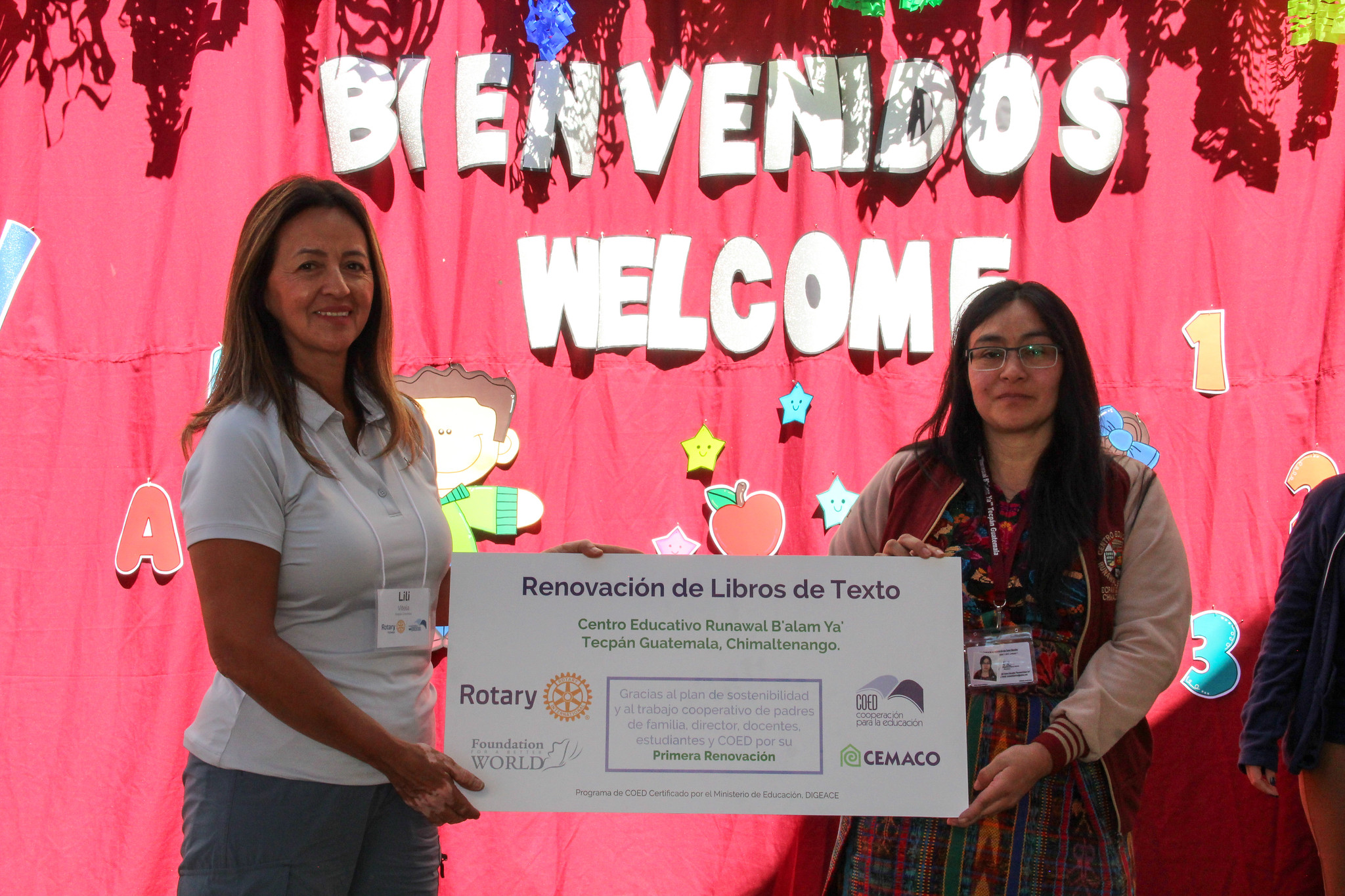
CoEd supporter and Snapshot Tour participant, Lili Vitela, presents a Textbook Program plaque to a proud representative of the Runawal B’alam Ya’ school. Chimaltenango, February 2024
Douglas, a teacher at the school, explained how the books have transformed education for his community: “Books contribute to learning, to become analytical, develop intelligence…all the resources are indispensable for the teacher. The books help students develop sciences and math skills; thanks to the books we learn about the world and its cultures.”
Runawal B’alam Ya’ may be proof that schools can maintain their Textbook Program for one renewal cycle, sure. But what about long-term? As of 2024, there are now 50 schools throughout Guatemala that have been renewing their CoEd textbooks or computers for 20 years or more. Thanks to your support, CoEd programs are transforming the quality of education for these rural schools for generations to come.

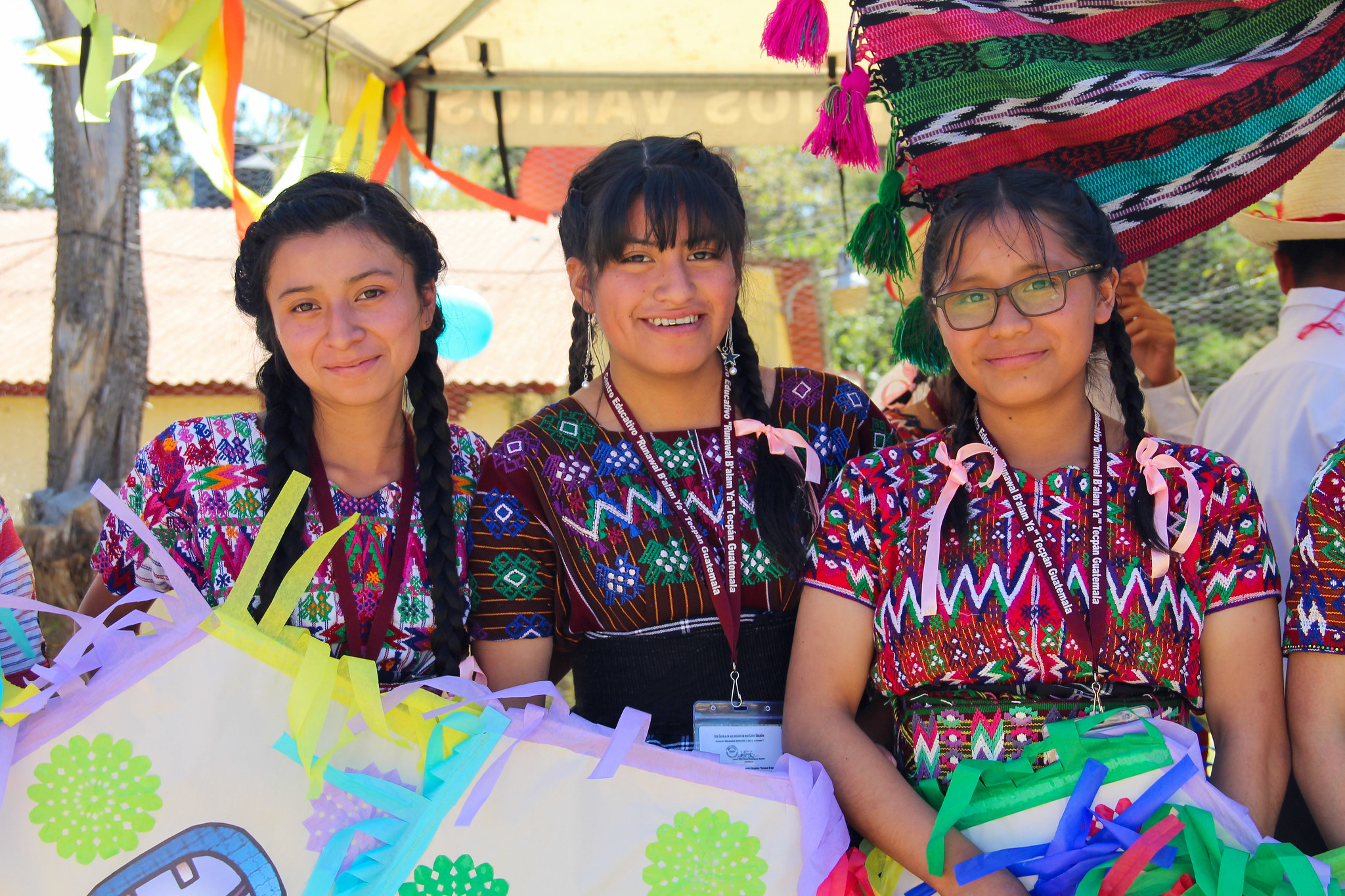
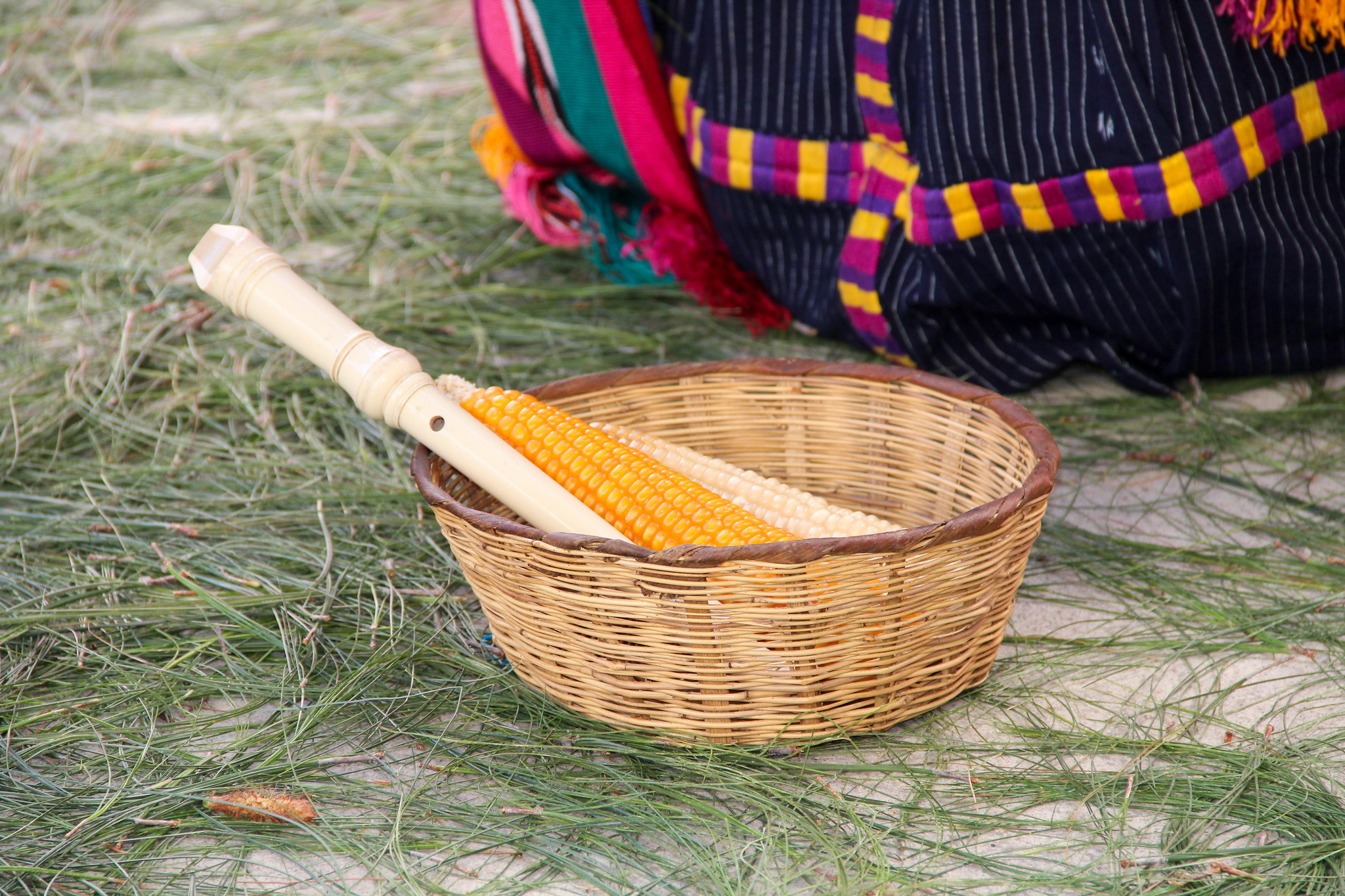
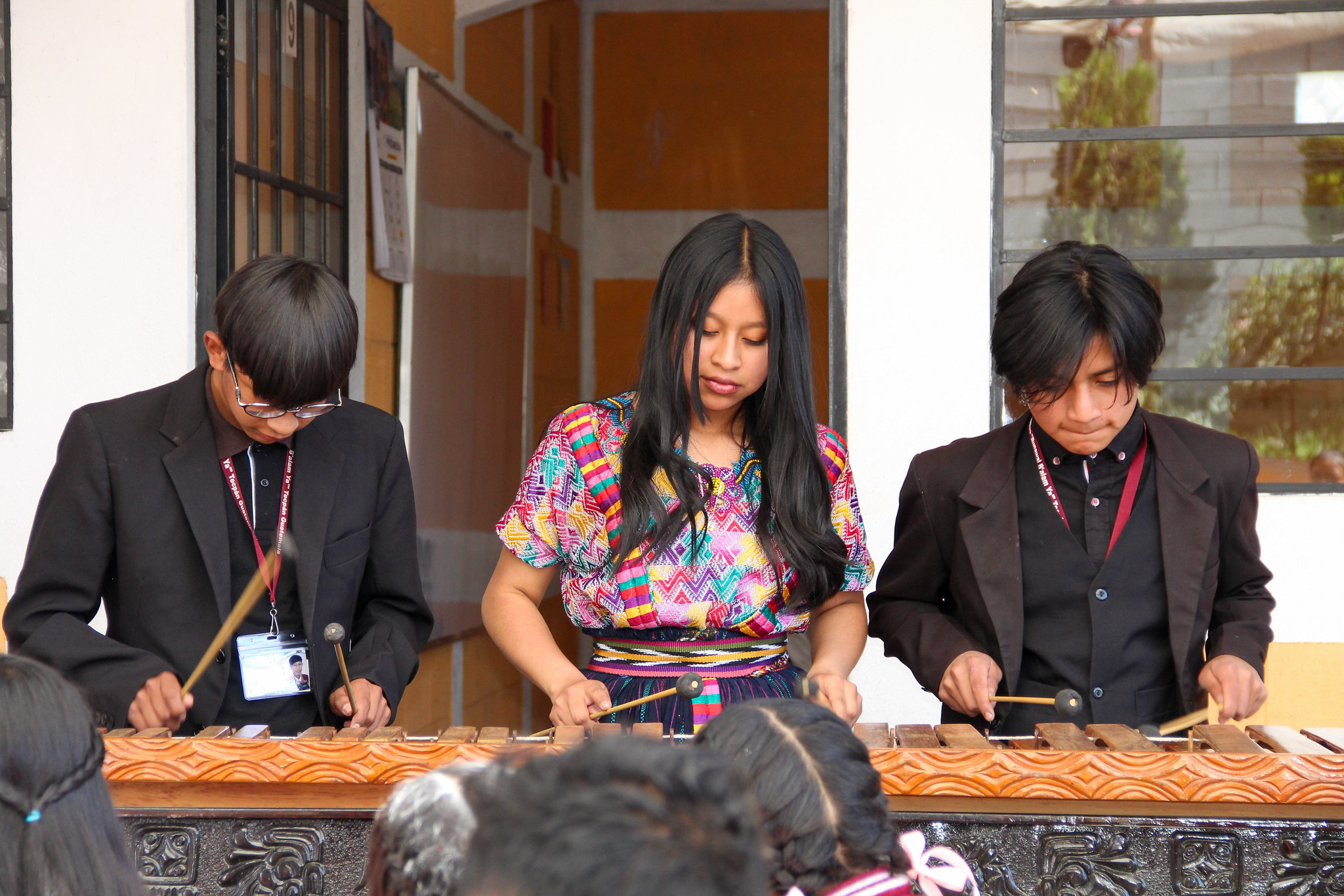

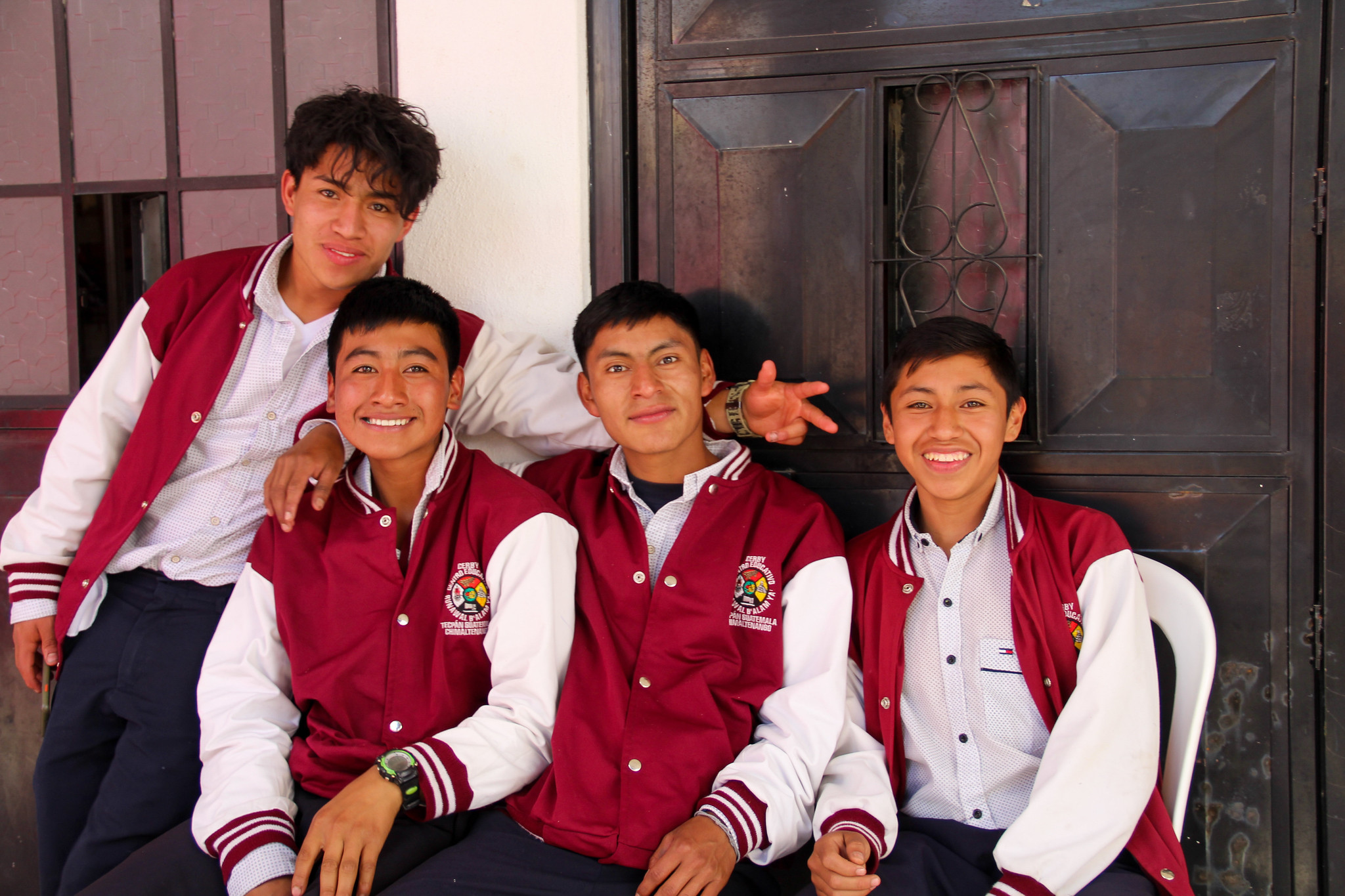
Way to go, CoEd team!
A huge thank you from the whole team, William!
This is why this is my favorite giving place!
Thank you for much for your support, Karol!